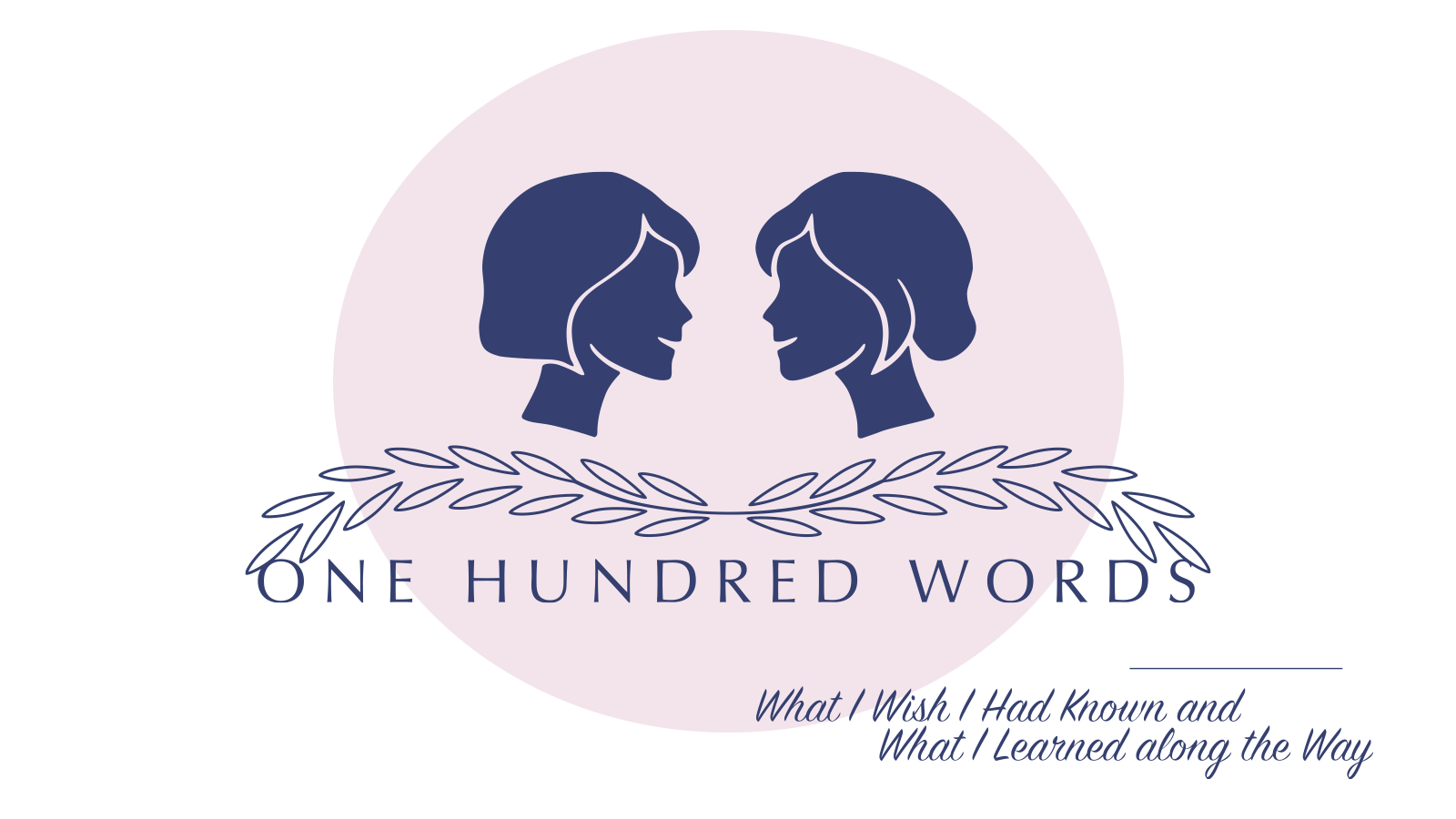Defeat doesn’t finish a man. Quit does. A man is not finished when he is defeated. He is finished when he quits.
Richard Nixon
One of the hardest things about parenting is that our children are not like us. Preferences and temperaments do not align, which can lead to gaps in training particular children.
For me, one training gap was rallying. It never occurred to me to teach my sons to come back from defeat. Growing up—with few exceptions—I rallied. I got back up. I got back out there. I didn’t have a choice. At least it felt that way, and so, I thought rebounding came naturally. And it did to some family members.
How do you teach your kids to rally? I don’t know because I didn’t. But, I wish I had known or at least learned it along the way.
Success is walking from failure to failure with no loss of enthusiasm.
Wimston Churchill

Which parenting gap caught you unawares?







